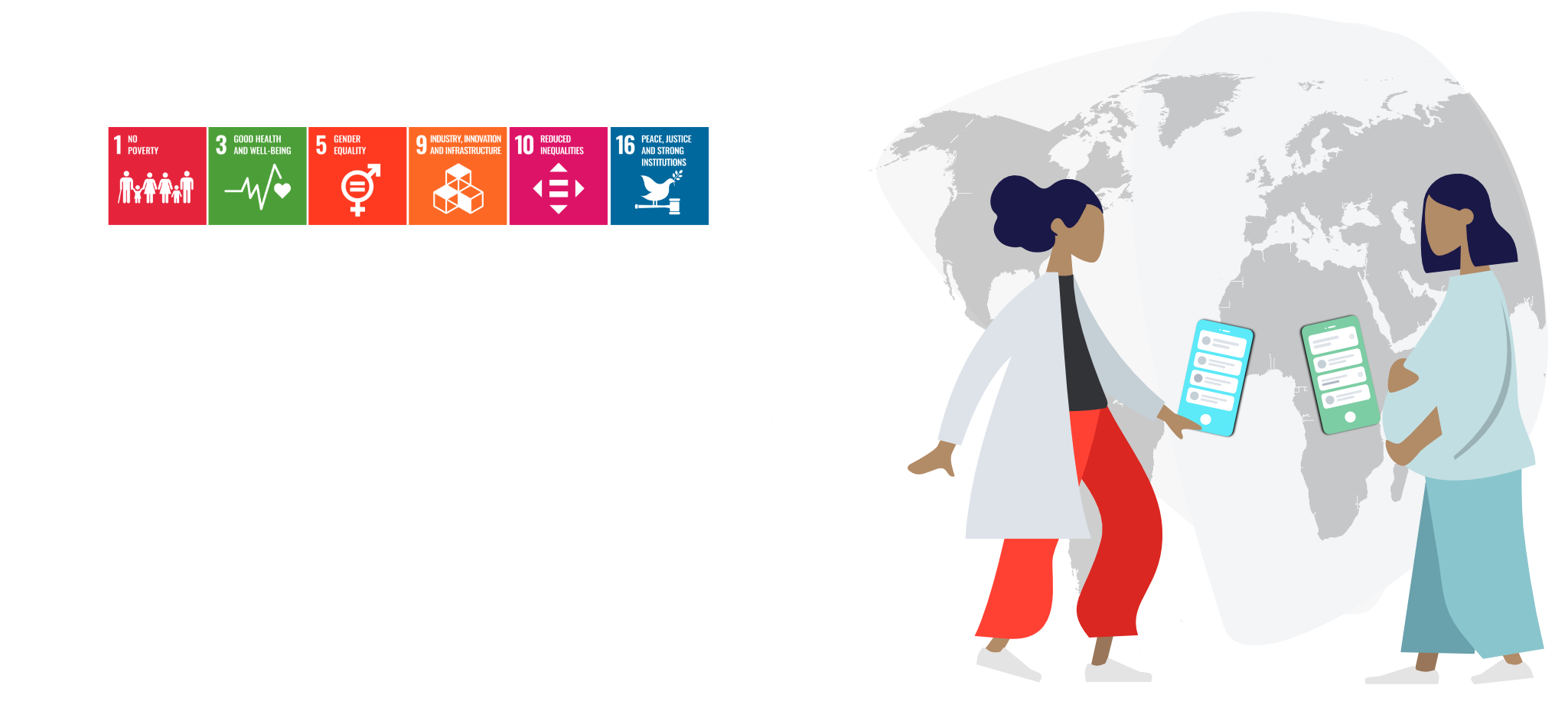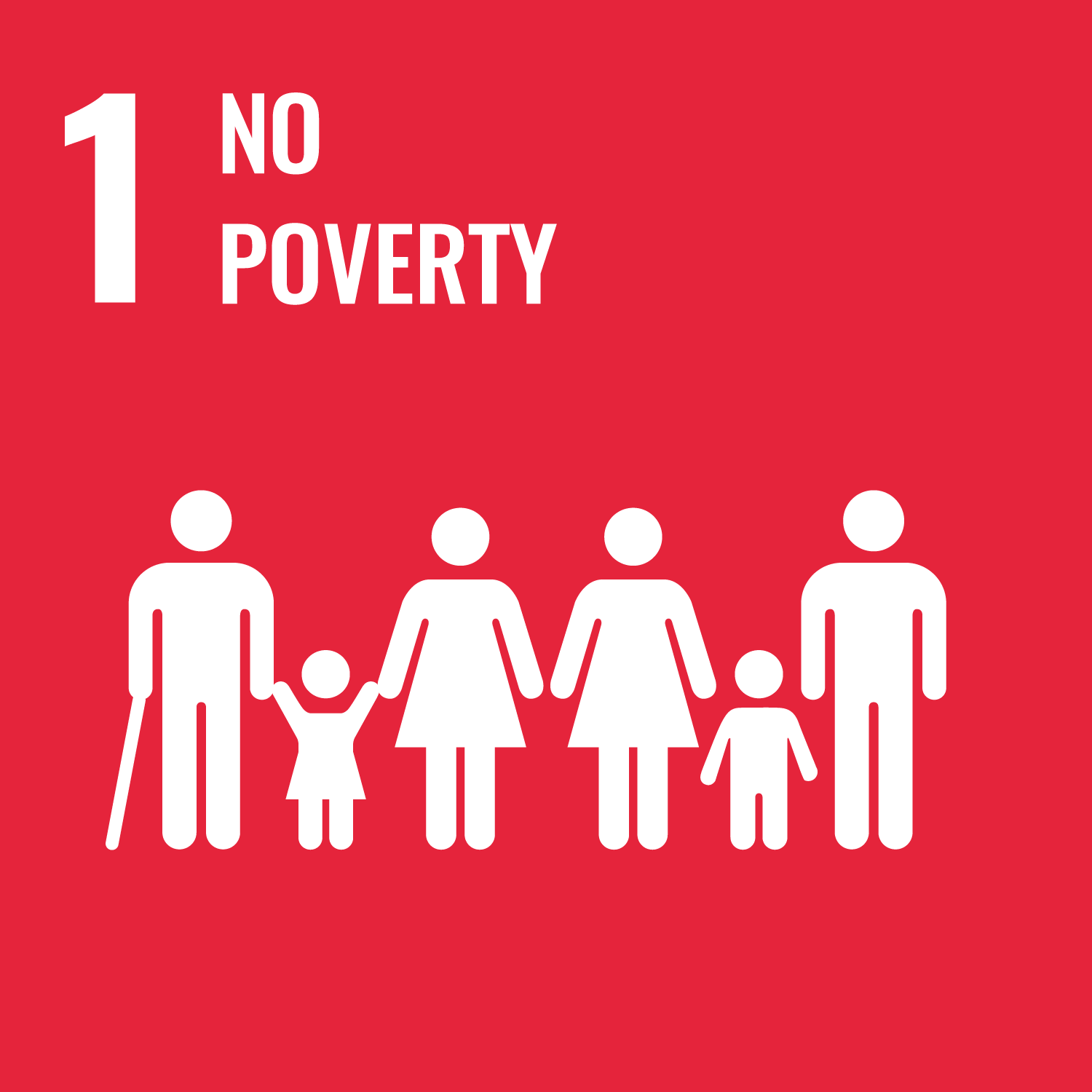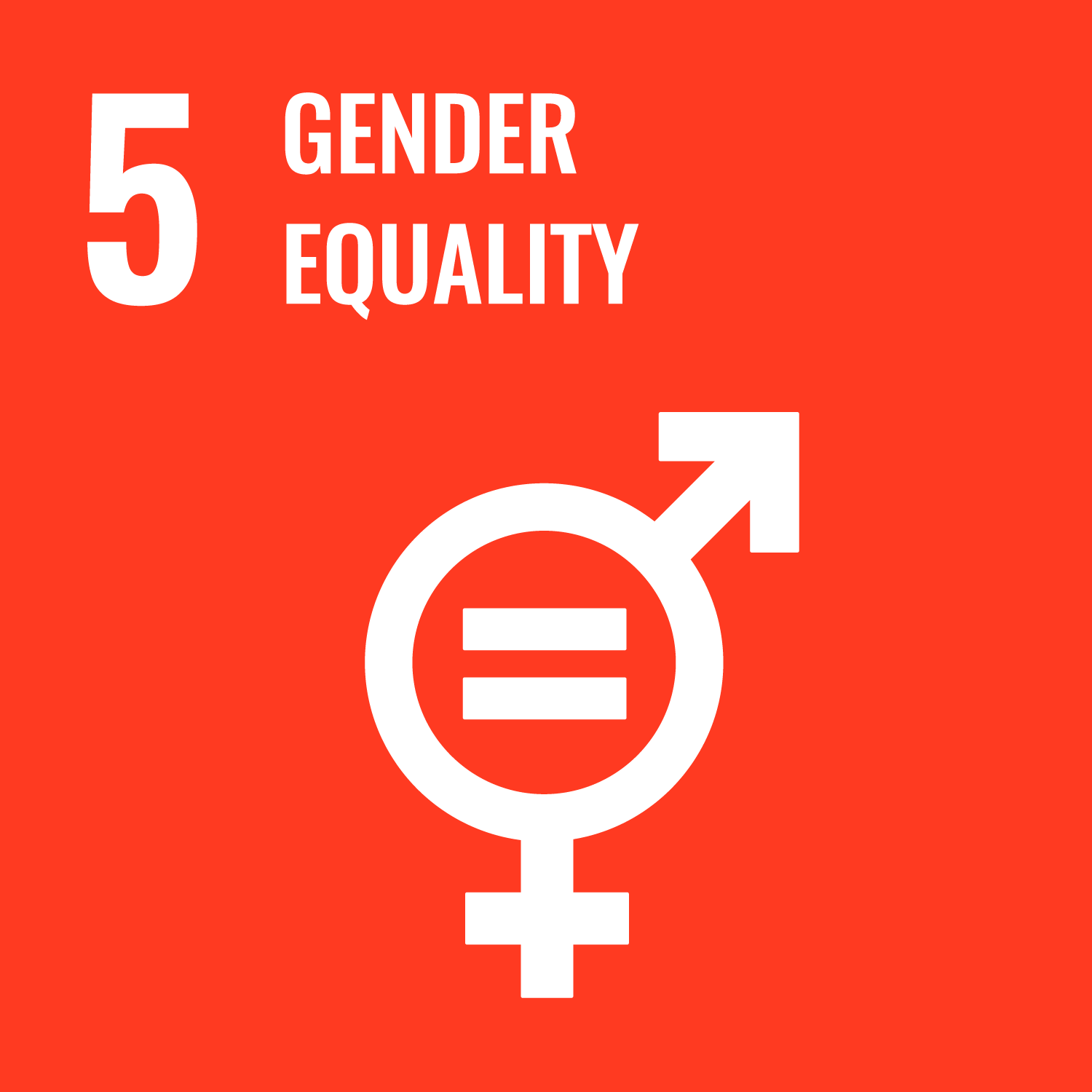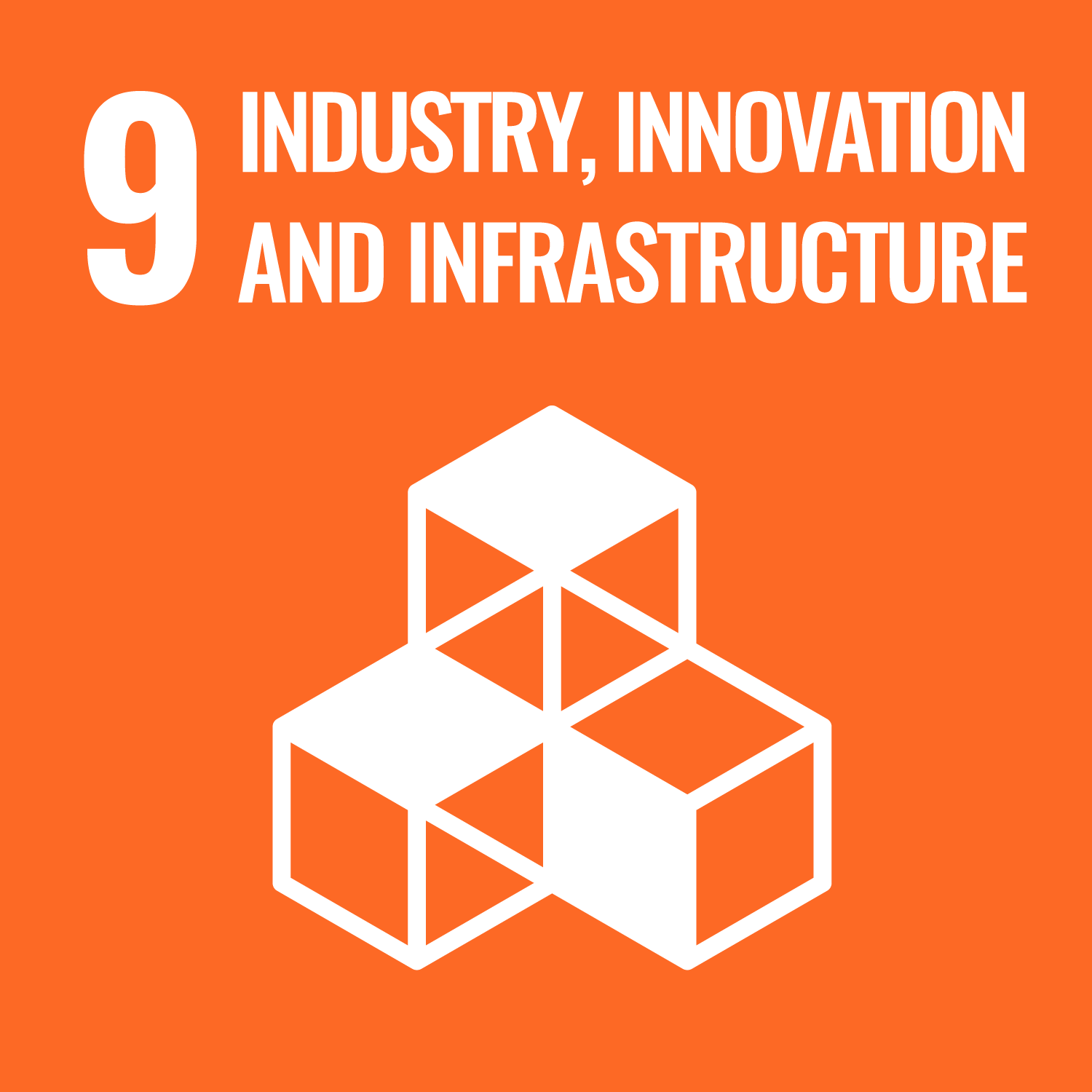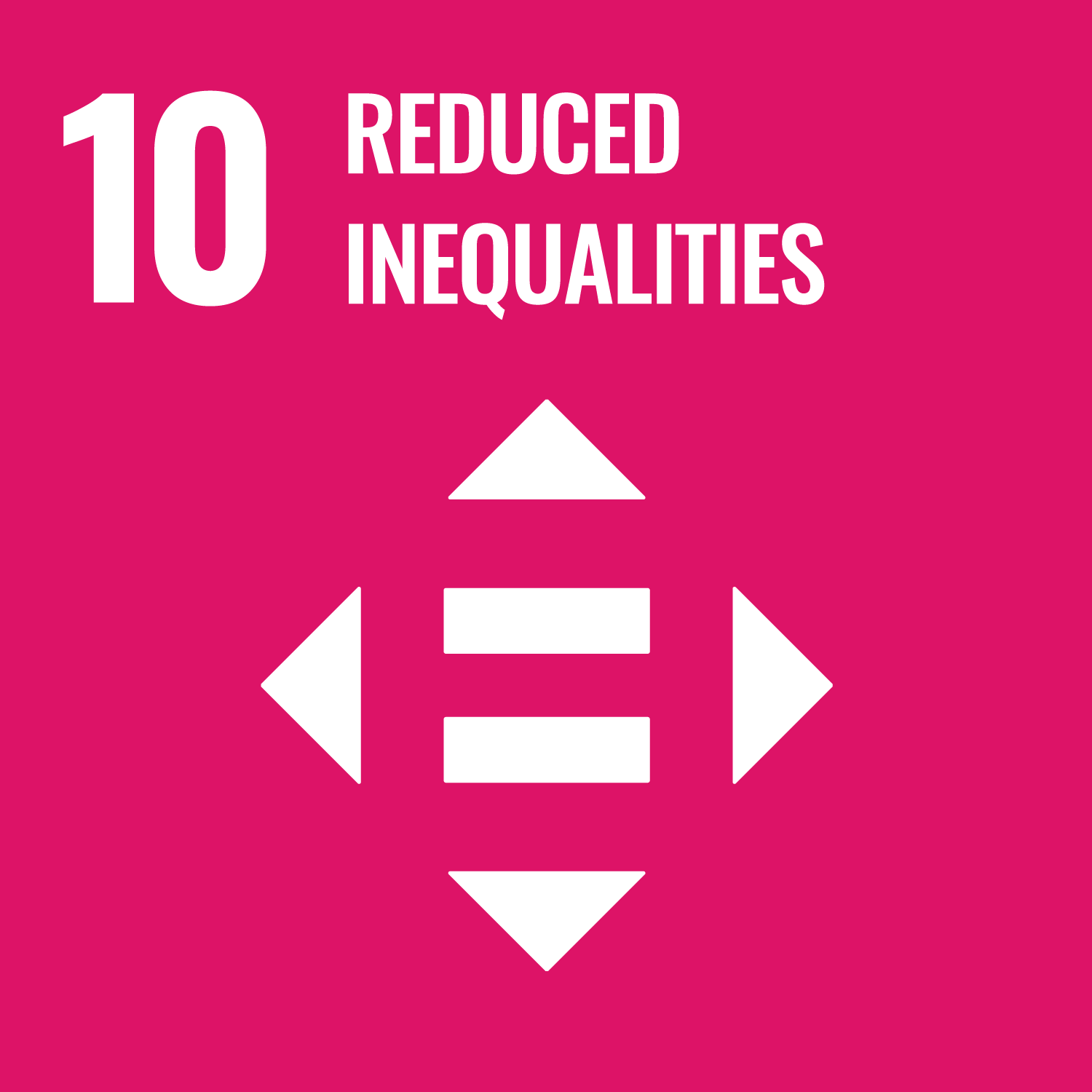SDG 3 - Ensure healthy lives and promote well-being at all ages
Larissa.Health contributes to SDG 3 by strengthening the midwife-led continuum of care – from early pregnancy through the postnatal period – so that essential contacts happen on time, risk is recognised earlier, and referrals are coordinated faster. We focus on practical levers that move outcomes: frictionless booking, evidence-based prompts, respectful care communication, low-bandwidth follow-ups, and data needed for quality improvement and reimbursement. Our approach complements national strategies and universal health coverage; we are an enabling layer, not a replacement for public health systems.
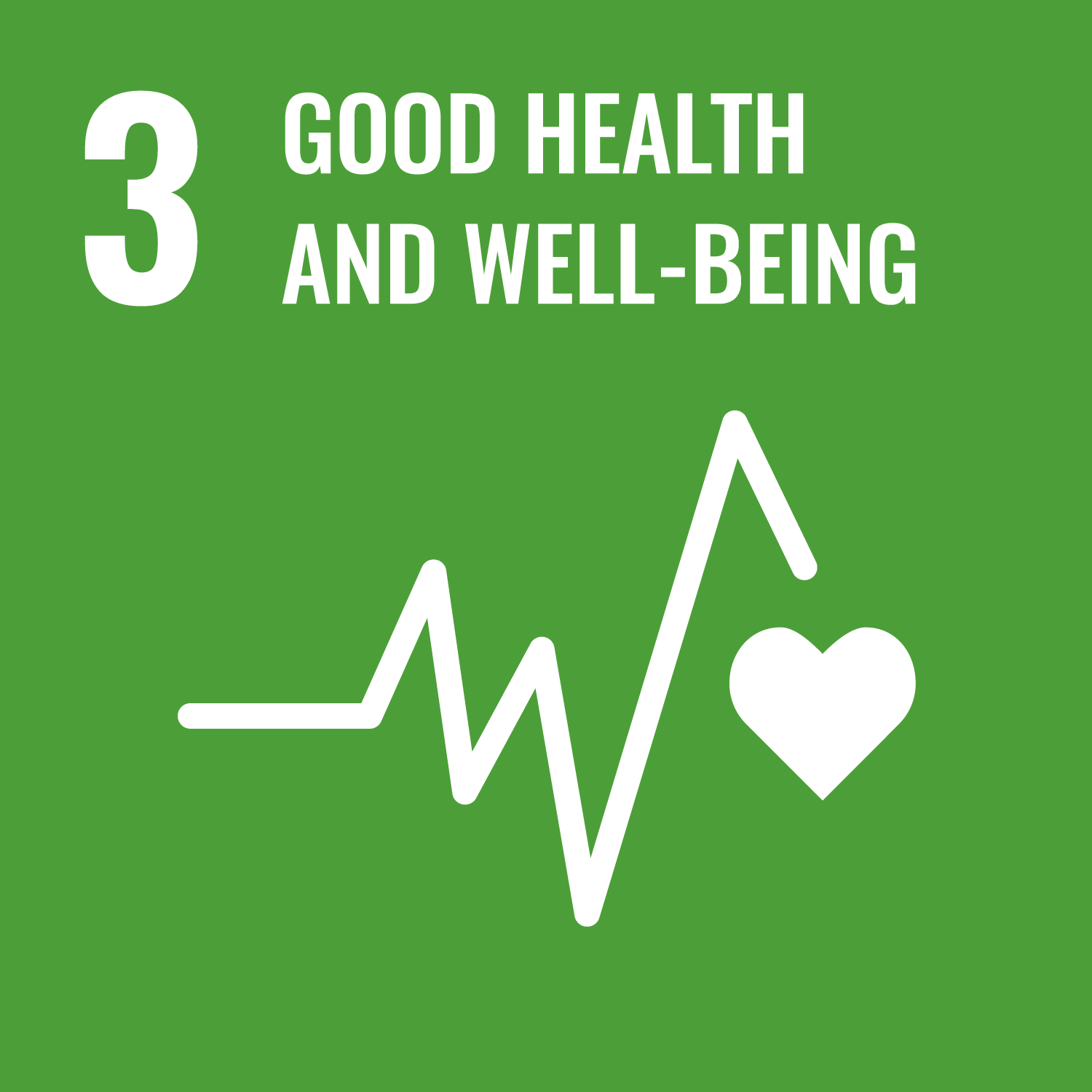
3.1 By 2030, reduce the global maternal mortality ratio to less than 70 per 100,000 live births
We focus on earlier contact, clearer risk recognition, and faster, safer handovers – so preventable delays become less likely.
3.7 By 2030, ensure universal access to sexual and reproductive health-care services, including for family planning, information and education, and the integration of reproductive health into national strategies and programmes
We support informed choice and access to SRH within routine midwifery care – with culturally sensitive information and simple, private booking.
3.8 Achieve universal health coverage, including financial risk protection, access to quality essential health-care services and access to safe, effective, quality and affordable essential medicines and vaccines for all
We align with UHC by reducing avoidable costs and missed essentials – and by supporting providers with the basics needed for coverage and quality.
3.b Support the research and development of vaccines and medicines for the communicable and non-communicable diseases that primarily affect developing countries, provide access to affordable essential medicines and vaccines, in accordance with the Doha Declaration on the TRIPS Agreement and Public Health, which affirms the right of developing countries to use to the full the provisions in the Agreement on Trade-Related Aspects of Intellectual Property Rights regarding flexibilities to protect public health, and, in particular, provide access to medicines for all
We enable equitable uptake through reminders and standardised data sharing with licensed partners – always within ethical and legal frameworks.
3.c Substantially increase health financing and the recruitment, development, training and retention of the health workforce in developing countries, especially in least developed countries and small island developing States
We help midwives spend more time with clients and less on admin – and keep good practice accessible with practical, affordable tools.
3.d Strengthen the capacity of all countries, in particular developing countries, for early warning, risk reduction and management of national and global health risks
We design for steadier services during shocks – with simple flags, offline-first options, and structured data sharing where appropriate.
How we translate this into outcomes
Timelier essential contacts – safer referrals – stronger continuity – fewer avoidable costs – more time for care.
Measurement notes
We track progress with privacy-preserving analytics and clear consent. Alignment reflects our contribution and methodology – not endorsement or causal claims beyond supported contexts.

